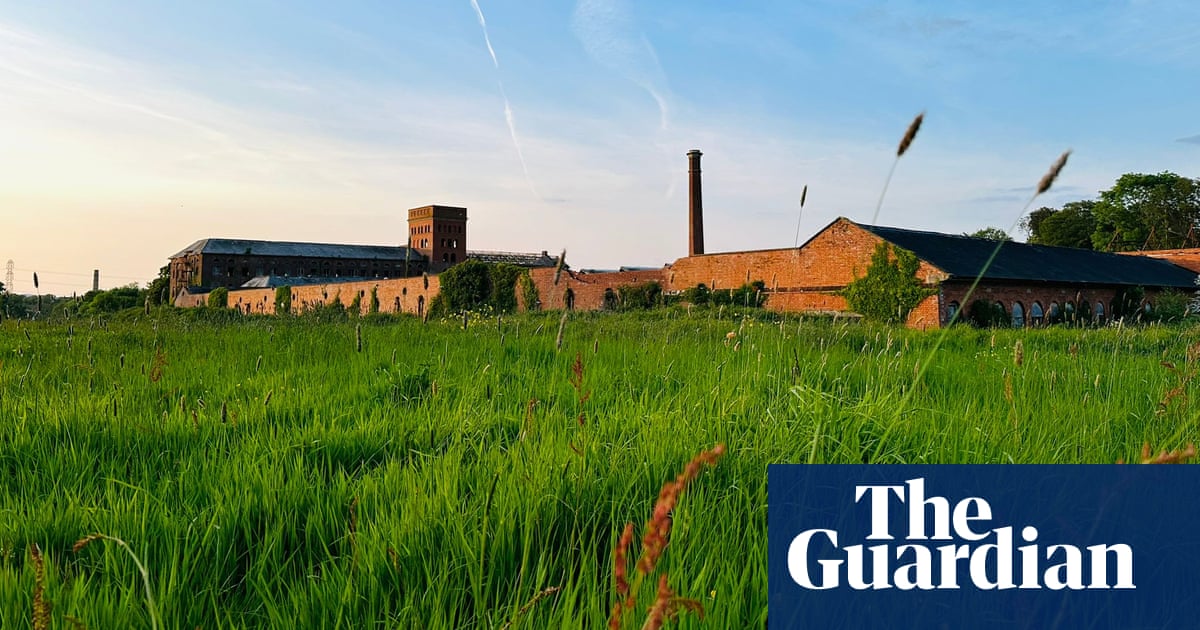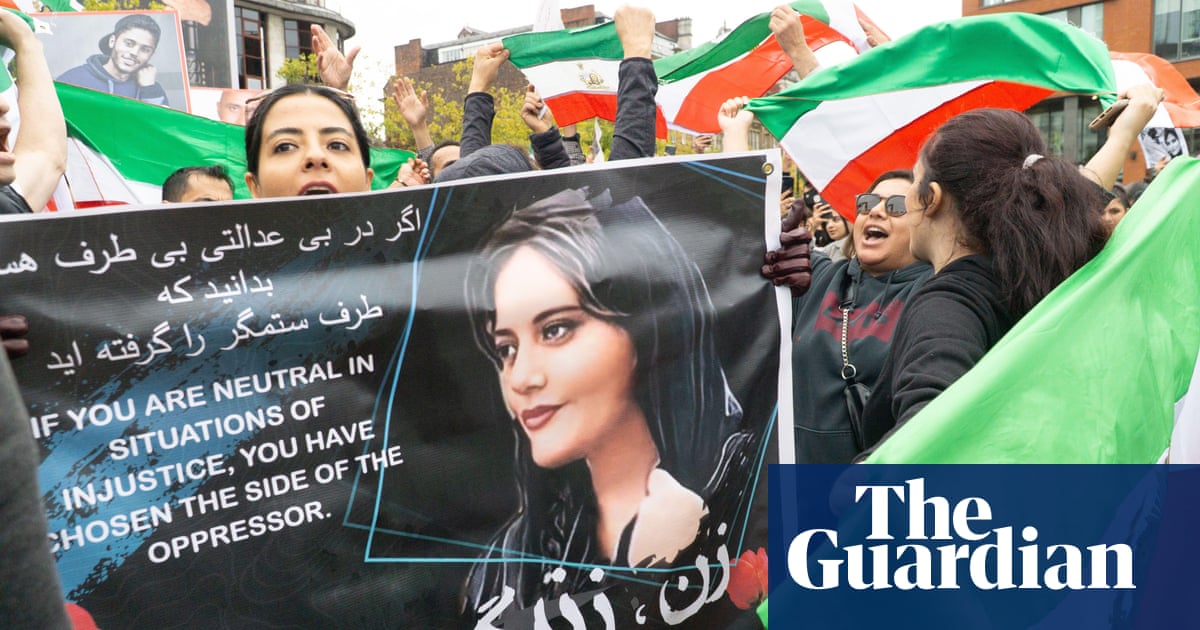
ome people give their bodies to medical science. Édouard Louis has given his to art. That, at any rate, is the view of a fan the novelist met and it seems to hit the mark. Louis is the French literary sensation who was celebrated at 21 for The End of Eddy, an autobiographical account of growing up gay in a working-class village in the north of France. So frank were his descriptions of bullying, repression and deprivation that readers wanted to believe they were fiction. But Louis wrote from first-hand experience.
He was back as the subject of his next novel, History of Violence, in which he described the emotional impact of being raped. Fearless in its evocation of his circular thought processes, obsessive behaviour and dark depression, the book was also an attempt to reclaim a story for himself. “For me, writing is always a fight against invisibility,” he tells me over Zoom.
Then came Who Killed My Father, a mesmerising attempt to understand not only the parent from whom he had become estranged, but also the political forces that had shaped him. He mines his family history further in Combats et Métamorphoses d’une Femme, just published in France and due in English next year, in which he considers his mother’s reinvention of herself after a lifetime of poverty and subjugation.
Now, at 28, he is literally taking centre stage to perform in The Interrogation, a collaboration with director Milo Rau, in which he asks teasing questions about the difference between acting in the theatre and acting in everyday life. He says he has always felt observed, but since joining the school theatre club at the age of 12, he discovered he could control the way he was perceived.
“I was in an environment where masculine values were the most important and I was this little, effeminate gay boy,” he says. “At school, I was looking for a place where I could be loved, where people would look at me and appreciate me. I went to this theatre club and for the first time, people took me into consideration. I was not just a faggot, I was not only something to be destroyed, I could be something. As a working-class boy, I didn’t know anything about theatre but it was a place I could feel I was loved.”
His first-person approach to literature and theatre should not be mistaken for narcissism; his autofiction has political purpose. He is giving marginalised people a place in the public domain, using his own life as raw material. He says he doesn’t take being on stage for granted, treating it instead as an opportunity to say things others less fortunate cannot.
“I was a target of other people’s attention, but it was a negative attention,” says Louis, who has just published a book based on an interview with the film director Ken Loach. “When we talk about poor people, we talk about exclusion. But in fact, people who suffer are an object of persecution; they are the core of attention all the time. Conservative speakers are obsessed with poor people: ‘They should work more, they should make more effort, they should make more sacrifice …’ If you think about how black people are targeted by the police, they are not excluded. To exclude yourself from a reality you don’t like is the privilege of privileged people. When you are the target of violence, you cannot escape.”
He talks in The Interrogation about the well-intentioned directors who wanted to adapt his first books for the stage. Regardless of their country, they all had the same idea: to set the play in a disused factory. “Why does nobody set Racine in a disused factory?” he asks. “To speak of the bourgeoisie is to make art. To speak about the poor is documentary.”
In writing about poverty, violence, homosexuality, racism and class, he takes control of the narrative. He is reclaiming the truth, not to punish but to expose what he sees as the violent forces at large in society. In this light, his oppressors are just as much victims as him.
It’s a philosophy he extends not only to his father, but also to a man he accused of rape after a chance encounter on Christmas Eve in 2012. The man denied it, and when he was found not guilty of sexual assault five months ago, Louis saw it as another chapter in a story that seemed to have nothing to do with him. His lawyer is appealing the judgment.
“I fight my wars in other fields, in literature and the arts,” he says, his bright demeanour turning sombre. “The court is not my field. I don’t recognise myself in this place, in this language. For me, there is no natural link between wanting a crime to be recognised and wanting to punish. A court would associate those things immediately. If the court says this person raped and tried to kill someone, they will translate it to: ‘This person will be punished and be in a cage for 10 years.’ You have no freedom over that.”
The experience, he says, “puts you again and again in the same story, a story you want to escape. I didn’t choose to be raped, I didn’t choose to be attacked, so I don’t want to be talking about that again and again. I don’t want to lose my freedom a second time; first, when you are assaulted and then when you have to be this spokesman for the injured body. For some people it feels good, a way of undoing it, but not for me.”
In the play, he says the truth is his vengeance. “Truth is a revenge because we live in a world of lies, about poor people, about gay people, about what we are, what we experience. Every time, truth is a fight.”
He adds: “Fighting has a cost. The price of it can be high. I exposed myself in writing a book about a rape I endured, but the fight was worthy, I thought. Clearly, these fights come with a sense of melancholy. Some days I lose my strength.”
The Interrogation is more playful than polemical, but co-writer Milo Rau specialises in performances that meld politics, autobiography and documentary in a way that seems custom-built for the writer. “Theatre is much more frightening because it’s happening now,” says Louis, who also starred in Thomas Ostermeier’s adaptation of Who Killed My Father. “It’s not like the script of a book that you can write and rewrite until you say: ‘OK, publish it.’ What I do is I write. Being on stage is the continuation of that, but the core remains the writing.
“The question of the show is: ‘Where is the present? Where is happiness? Where is freedom?’ We fight all our lives to get something – a family, a house, to write a book – but when you get it, do you have the happiness and fulfilment you were expecting? I’m not sure.”
The Interrogation runs online from 27-30 May as part of Kunstenfestivaldesarts.












